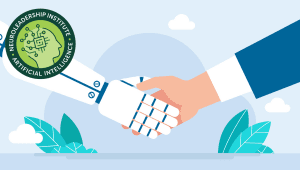
AI’s Social Skills Are Better Than You Think
Will AI ever possess social skills, and what does that mean for the future of work?
Thank you for searching the NeuroLeadership Institute archives. Here’s what we were able to find for you.
Still having difficulty finding what you’re looking for? Contact us.

Will AI ever possess social skills, and what does that mean for the future of work?

Transparency can’t avert every crisis, but it can shed light on the path ahead.

Building rapport with young employees in a remote or hybrid environment may seem like a tall order, but it doesn’t have to be.
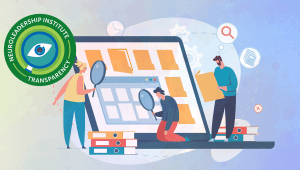
What organizational transparency actually means and how it differs from authenticity and honesty and increases engagement, productivity, and creativity.
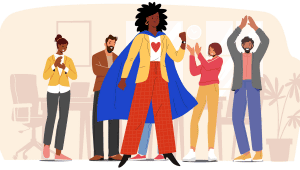
By tapping into your heightened awareness of others’ emotional states, you can learn what your employees need and guide them effectively.
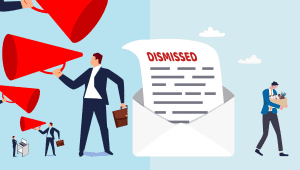
Leaders can benefit from being more empathetic and facing the individuals impacted by their decisions. Here’s how.

Ted Lasso exemplifies a new, more empathetic, more collaborative kind of leader. Here’s what we can learn from him.

Grief at work is an opportunity for companies to demonstrate compassion and empathy.
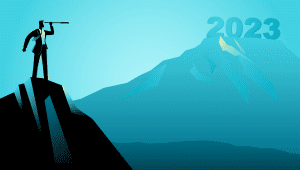
As we look to 2023, we outline four leadership trends to keep your pulse on.

Our best advice from 2022 on how leaders can create a more empathetic workplace while still accomplishing big-picture goals.
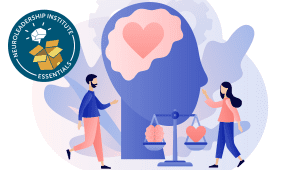
Quality connections are key for building an empathetic workplace.

Anyone can develop mindfulness by focusing on direct sensory experiences — instead of thinking about the past, future, other people, or themselves.
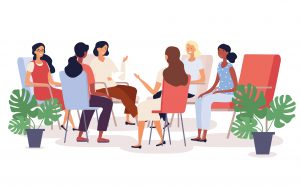
Organizations seeking to support their workforces should start with listening. It won’t erase inequity, but it can help us define what changes are needed.

With many employees about to have their worst day ever, here’s the brain-friendly way to do layoffs.
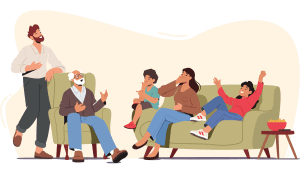
You may know the power of storytelling, but listening to a story is when the magic happens.
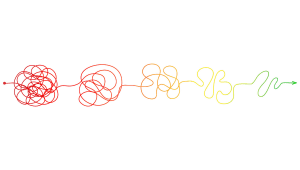
Science-backed ways to help you make sense of the world in times of crisis.

It can be helpful to reassess situations to regulate our emotions. But when we’re quite stressed, that reassessment could turn malevolent.
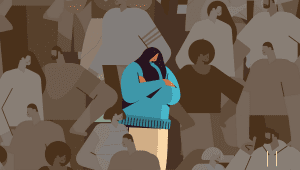
Transitions are tough. In this Q&A, we speak with a recent college graduate about what she’s learned about transitions, and why her viral video on the topic struck a nerve.

Recent research shows napping, when done right, can increase alertness, and enhance our cognitive performance, memory and training. Here’s how to get the most out of a midday snooze.

Forming quality connections in the workplace — in other words, practicing the three habits of empathy — creates a culture in which everyone wants to bring their best effort.
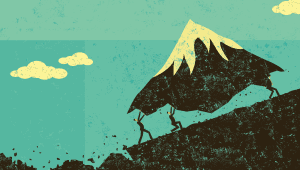
Studies show that power leads managers to focus on goals, not people. Here’s how to make employees feel cared for in a time of disconnection.

New research suggests this one cognitive bias may give you grit, but keep you from making the career change you need or send you back to a job not right for you.
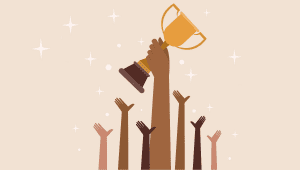
Why retooling recognition, generosity, and praise in a hybrid world can help team members become more visible, productive, and appreciated.
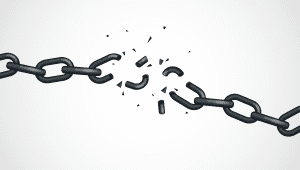
Why times of upheaval are the perfect time to change behavior and build new habits.
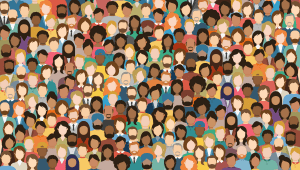
Why organizational efforts to belong have failed, and how companies can reframe the idea of belonging.
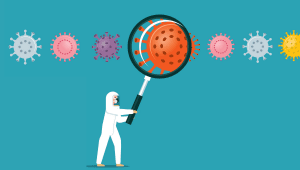
What’s happening in the news is causing conflict in unrelated places, like the office. Here’s what you need to know about the contagion effect, and how to put a lid on the flames of conflict.
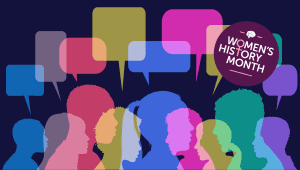
In honor of Women’s History Month, we asked the question “How would work be different if no one knew your gender?” Here are highlights from the responses we received.
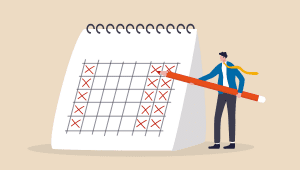
Is the 4-day work week the cure for burnout? Here’s what the research says.

In this video, we highlight some of our favorite thoughts from the 2022 NeuroLeadership Summit about how to successfully build a hybrid work environment.

Advantage is more than just wealth, education, and demographics. Learn about the science of generational knowledge.

In this video, we highlight some of our favorite insights about leadership and organizational change from the 18th annual NeuroLeadership Summit.
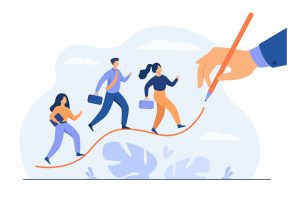
In this video, we highlight some of the most powerful comments about growth mindset from our conversations at the 18th annual NeuroLeadership Summit.
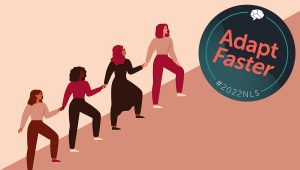
Check out highlights from our DE&I sessions during NLI’s 2022 Summit.
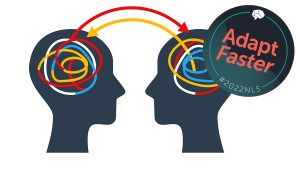
Our 18th NeuroLeadership Summit, featuring Boeing and Procter & Gamble (P&G), included insights about growth mindset, de-escalation, and inclusion.
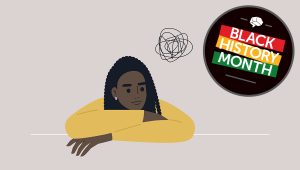
You’ve probably heard about code-switching and why some people do it, but what you may not know is the mental toll it takes.
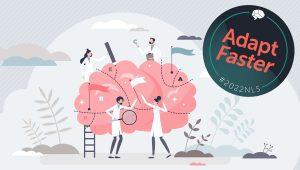
For years, there’s been one mainstream way of understanding implicit bias. Now researchers have discovered something unexpected in how our brains react to biases.
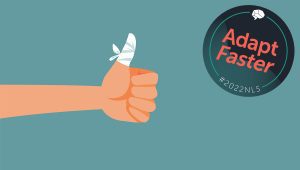
Burnout might be something completely different. Read our Q&A with Dr. Noel Lipana for more about the impact of moral injury on motivation.
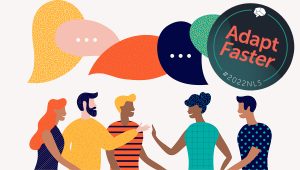
One of the most daunting and complex challenges of the pandemic has been how to keep workers connected. Eva Majercsik (CPO, Genesys), provides insight into how to best create a sense of belonging in the workplace.
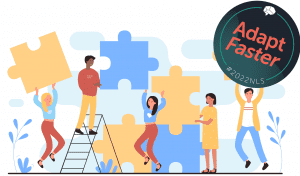
In order to actually change behavior when it counts, new habits must be easily recallable under pressure. Here are three criteria to make behavior changes stick.
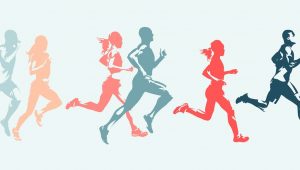
What does the neuroscience of running have in common with being a leader in conflict? A lot more than you think, according to five-time Olympian Nick Willis.
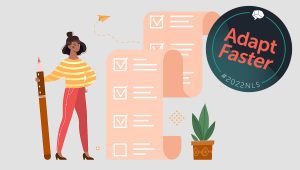
What’s the best way to make new habits stick? To shed light on this complex question, we turned to Elliot Berkman, a psychologist at the University of Oregon and the associate managing director of the Center for Translational Neuroscience.
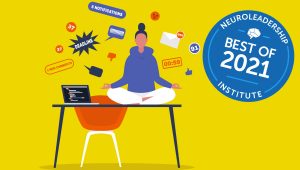
Here are some of our greatest hits – no pun intended – on threat, de-escalation, and the skills we need to get along.
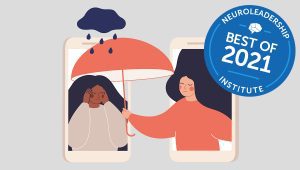
While the idea of what empathy looks like at work keeps evolving, here’s some of what we learned this year.

If you haven’t already seen the letter from CEO Brian Chesky to his team at Airbnb, addressing the impending layoffs, you likely will very soon. It’s already starting to be shared broadly, and based on my time studying and working with businesses, I would forecast that it will become either a bar for how layoffs are measured in the time of COVID-19, or, more hopefully, a blueprint. Continue Reading on Forbes
Join millions of employees in creating culture change at scale by reaching out today.

In 2007, David and Lisa Rock and their team had been working in leadership development and executive coaching for ten years, when David coined the term “NeuroLeadership.”ef

North America
Africa
South America
Asia
Europe
Australia
© NeuroLeadership Institute 2025. All Rights Reserved
This site uses cookies to provide you with a personalized browsing experience. By using this site you agree to our use of cookies as explained in our Privacy Policy. Please read our Privacy Policy for more information.